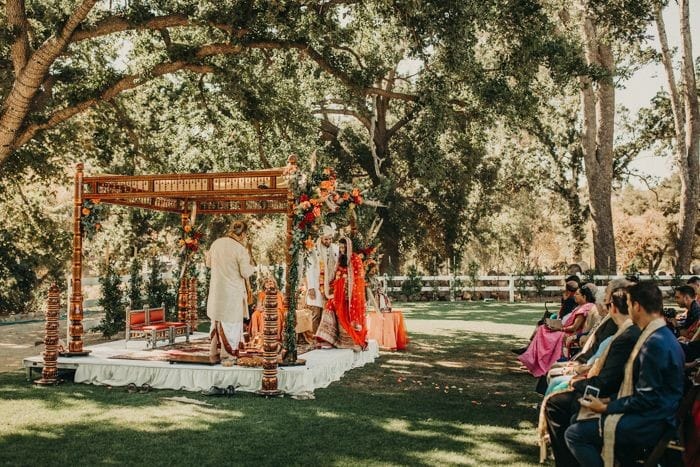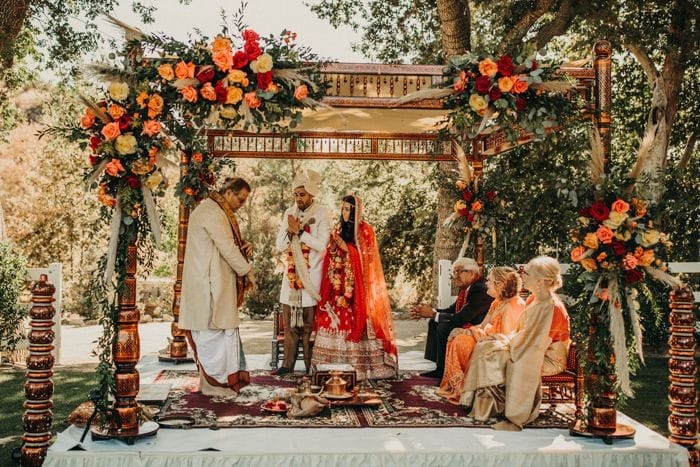Arranged marriages are a longstanding tradition in Indian culture, where families play a significant role in selecting a partner for their child. While arranged marriages were the norm in the past, the practice continues even in modern times, albeit with some changes and adaptations.
In India, marriage is seen as a lifelong commitment, and it is believed that families can better ensure the success and stability of a marriage by being involved in the matchmaking process. Arranged marriages are seen as a way of strengthening family bonds and ensuring social and economic compatibility between families.
In the past, arranged marriages were solely the domain of the parents, who would use their networks and social circles to find suitable matches for their children. Today, however, the younger generation has more say in the process, and families often involve their children in the decision-making process.
While the concept of arranged marriages may seem archaic to some, many Indians still prefer this method over other options. In fact, a 2013 survey by the National Family Health Survey found that 88% of Indian women and 82% of Indian men preferred arranged marriages over love marriages.
One of the main benefits of arranged marriages is that they are seen as a way to ensure financial stability for the newlyweds. Indian families place great importance on education and financial success, and they often use these factors to determine compatibility between potential partners. This helps to ensure that both families are financially and socially compatible.
Arranged marriages are also believed to have a better chance of succeeding than love marriages, as the families involved have a vested interest in the couple’s success. The families work together to provide support and guidance to the newlyweds, which can help them overcome any obstacles they may encounter.
While arranged marriages are deeply ingrained in Indian culture, they are not without their challenges. One of the most significant concerns is that women may not have the same say in the decision-making process as men. Women are often expected to be submissive and obedient, which can lead to them being pressured into accepting a partner chosen by their families.
Another challenge is that arranged marriages can lead to forced marriages, where one or both partners are not willing participants. This is particularly true in rural areas, where families may use coercion or even violence to ensure their children marry someone of their choosing.
Despite these challenges, arranged marriages remain an important part of Indian culture. While the process has evolved over time, the fundamental principle of using family connections to find a suitable partner remains the same. For many Indians, arranged marriages provide a sense of security and stability that cannot be found in other types of relationships.










